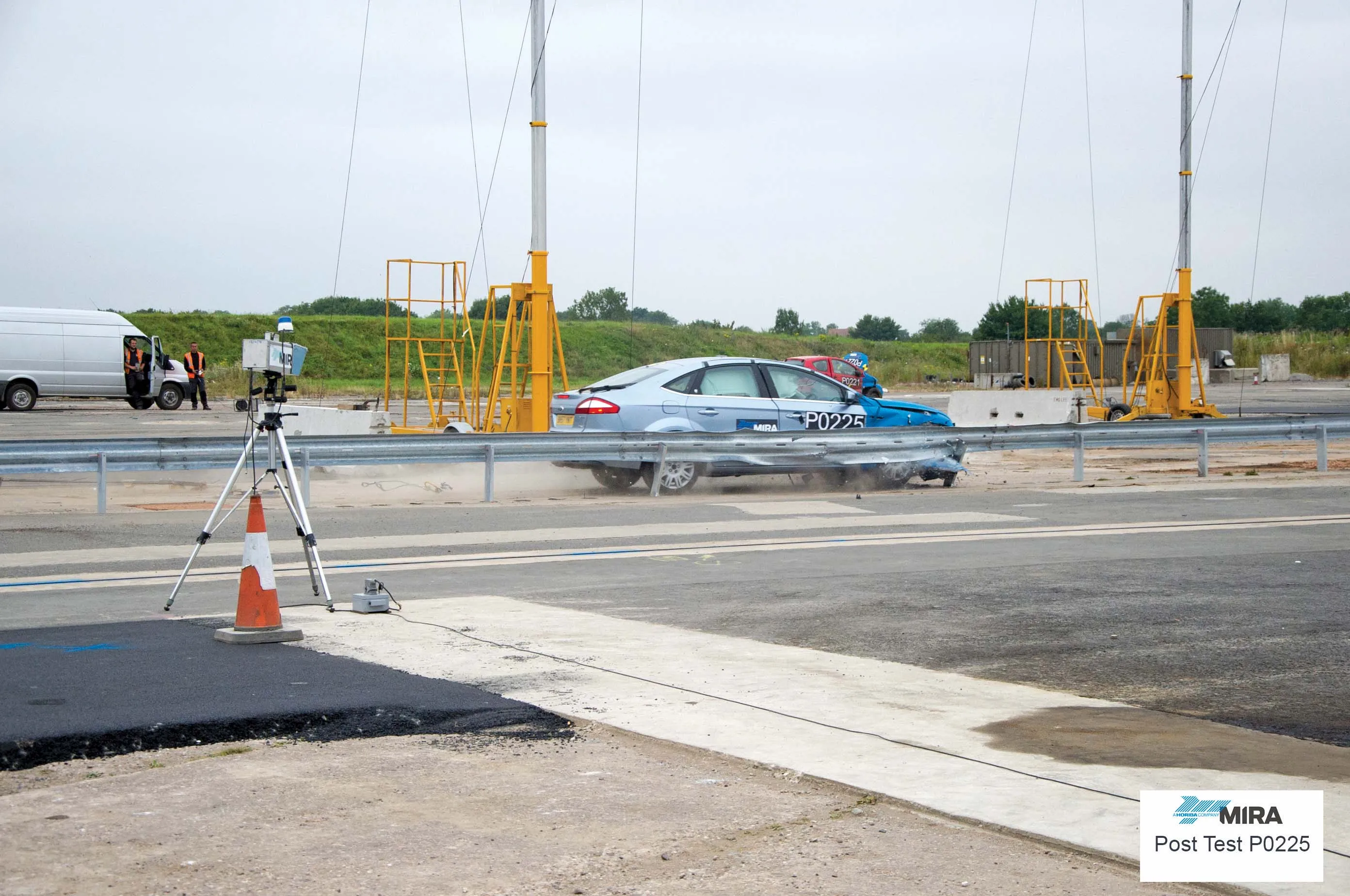However all amendments calling for inclusion of construction machinery into the scope of the CVD were rejected. This is in line with argumentation and awareness-raising actions undertaken by
CECE Secretary General Riccardo VIAGGI said: “We have no reservation on the emission reduction goals the EU has set itself and the construction machinery industry is proud of the significant advancements it has made in this regard. However, the Clean Vehicles Directive is tailored to the transport sector and is not an appropriate instrument to cover mobile machines such as those manufactured by CECE member companies.”
It is fundamental to remind that construction machinery work as part of a variety of different processes and are not intended to carry people or goods from A to B. Therefore construction equipment cannot and will not be considered as road transport such as passenger cars, buses, coaches and trucks. Regarding electrification in worksites, the different situation for recharging infrastructure and limitations on the electrical supply to support the use of purely electrical machinery (on very different power ranges) has to be clearly distinguished from road transport.
Clean engines for industrial use
The European Parliament Environment Committee has voted on the proposal to amend Directive 2009/33/EU on the promotion of clean and energy-efficient road transport vehicles, the so-called Clean Vehicles Directive.
However all amendments calling for inclusion of construction machinery into the scope of the CVD were rejected. This is in line with argumentation and awareness-raising actions undertaken by CECE, the body representing construction equipment manufacturers in Europe.
October 12, 2018
Read time: 2 mins
The European Parliament Environment Committee has voted on the proposal to amend Directive 2009/33/EU on the promotion of clean and energy-efficient road transport vehicles, the so-called Clean Vehicles Directive.








